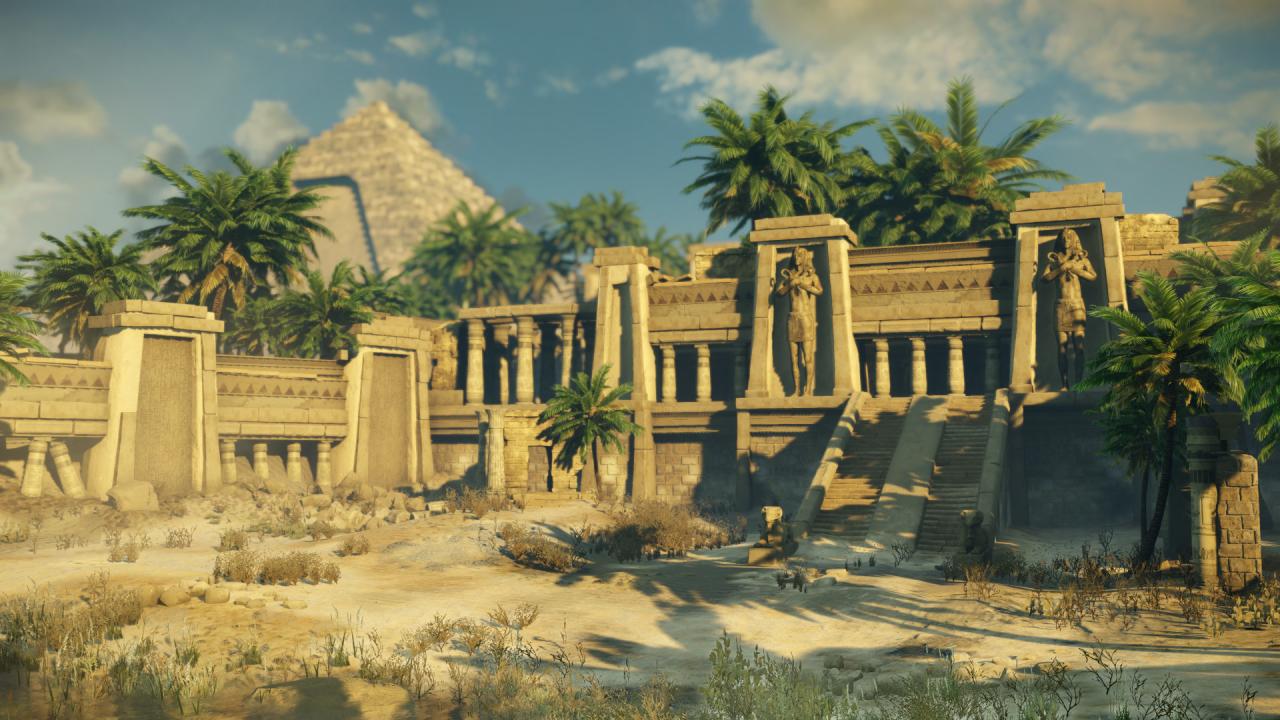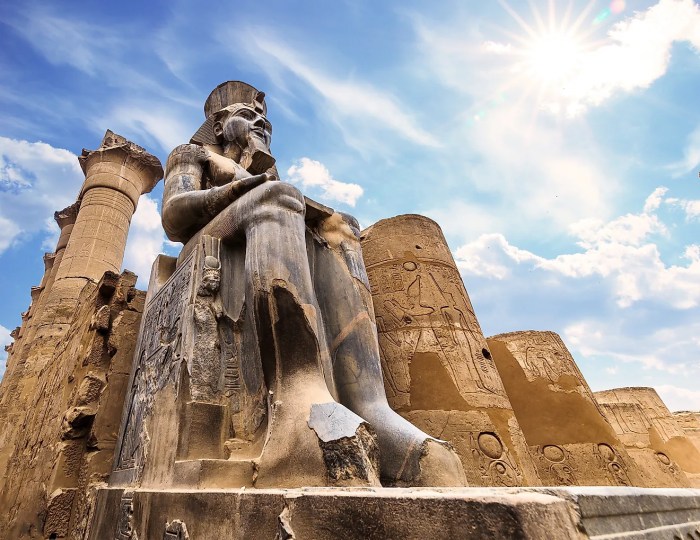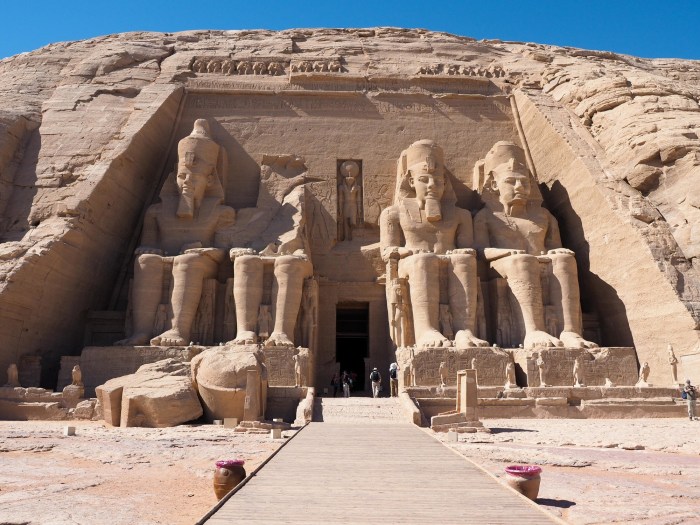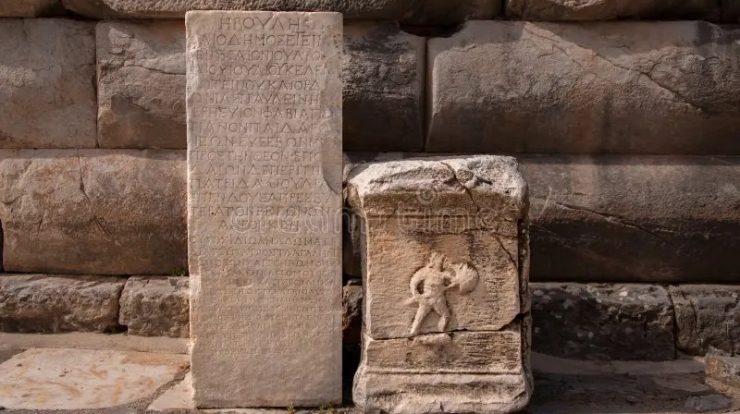Embarking on a journey through time, quiz 2 early egyptian civilization delves into the captivating history, societal structures, and cultural achievements that shaped one of the world’s most remarkable ancient civilizations. Prepare to uncover the secrets of this enigmatic era as we unravel its intricate tapestry.
From the fertile banks of the Nile to the towering pyramids that pierce the desert sky, this exploration promises a comprehensive understanding of the foundational elements that propelled Egypt to greatness.
Historical Overview of Early Egyptian Civilization

The early Egyptian civilization emerged in the Nile Valley around 3100 BCE. It flourished for over 3,000 years, leaving a legacy of architectural wonders, written records, and cultural achievements. The civilization’s development was shaped by several key events, including the unification of Upper and Lower Egypt under the pharaoh Narmer and the establishment of the first centralized government.
The geographic factors of the Nile River played a crucial role in the rise of Egyptian civilization. The river provided a fertile floodplain for agriculture, supported transportation and trade, and acted as a natural defense against invaders.
Political and Social Structure
The Egyptian government was a highly centralized monarchy. The pharaoh was the supreme ruler, holding both political and religious authority. The government was divided into several departments, each responsible for specific functions such as taxation, justice, and construction.
Social Classes
- Pharaoh and royal family
- Nobles and priests
- Scribes and officials
- Craftsmen and artisans
- Farmers and laborers
- Slaves
Religion played a central role in Egyptian society. The pharaoh was considered a divine figure, and the gods and goddesses were worshipped through elaborate rituals and ceremonies.
Economic Activities

Agriculture
Agriculture was the foundation of the Egyptian economy. The Nile River’s annual flooding deposited fertile soil on the floodplain, allowing farmers to grow crops such as wheat, barley, and flax. Irrigation systems, including canals and basins, were developed to regulate the flow of water and extend the growing season.
Trade and Commerce
Trade was an important economic activity in ancient Egypt. The Egyptians traded with neighboring regions, including Nubia, Syria, and Mesopotamia. They exported goods such as grain, papyrus, and gold, and imported luxury items such as ivory, spices, and exotic animals.
Crafts and Industries
The Egyptians were skilled craftsmen and artisans. They produced a wide range of goods, including pottery, jewelry, furniture, and textiles. The construction of pyramids, temples, and other monumental structures also provided employment for thousands of workers.
Cultural Achievements: Quiz 2 Early Egyptian Civilization

Hieroglyphics
The Egyptians developed a system of writing known as hieroglyphics. Hieroglyphs were used for religious texts, official documents, and inscriptions on monuments. The ability to read and write was restricted to a small elite of scribes.
Art and Architecture
Egyptian art and architecture is renowned for its grandeur and precision. The pyramids, built as tombs for the pharaohs, are among the most iconic structures in the world. Temples, decorated with elaborate reliefs and statues, were centers of religious worship.
Mathematics, Science, and Medicine
The Egyptians made significant contributions to mathematics, science, and medicine. They developed a system of mathematics that included fractions, geometry, and algebra. They also had a sophisticated understanding of astronomy and medicine.
Comparison with Other Ancient Civilizations
Political and Social Structures, Quiz 2 early egyptian civilization
Early Egyptian civilization shared some similarities with other ancient civilizations, such as Mesopotamia and the Indus Valley Civilization. All three civilizations had centralized governments and social hierarchies. However, the Egyptian government was more centralized and the pharaoh had more absolute power than the rulers of other civilizations.
Cultural Achievements
The cultural achievements of early Egyptian civilization were unique and influential. The Egyptians developed a system of writing, a sophisticated art and architecture, and a body of scientific knowledge that was unmatched by other ancient civilizations.
FAQ Summary
What were the key factors that contributed to the rise of Egyptian civilization?
The fertile lands along the Nile River, a stable climate, and a centralized government were crucial factors in the development of early Egyptian civilization.
What was the significance of the pharaoh in Egyptian society?
The pharaoh held absolute power, both as the political and religious leader of Egypt. They were considered divine beings, responsible for maintaining order and prosperity.
What are some of the most famous cultural achievements of ancient Egypt?
Egyptian hieroglyphics, monumental architecture (including pyramids and temples), and advancements in mathematics, astronomy, and medicine are among the many enduring legacies of Egyptian civilization.
